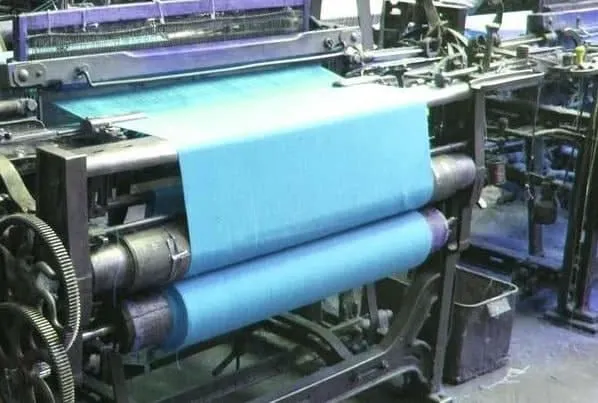Amid the imposition of a 50% customs duty on Indian textile products, the government has planned to run special outreach programs in 40 countries to boost textile exports.
This initiative includes major countries such as the UK, Japan, South Korea, Germany, France, Italy, Spain, the Netherlands, Poland, Canada, Mexico, Russia, Belgium, Turkey, the United Arab Emirates (UAE), and Australia.
“In these 40 markets, India will work towards becoming a reliable, quality, sustainable, and innovative supplier of textile products. Indian missions and Export Promotion Councils (EPCs) will play a key role in this.”
Although India already exports textiles to over 220 countries, these 40 countries together import approximately $590 billion worth of global textiles and apparel. India’s share in this import is currently only five to six percent.
In this scenario, this special outreach initiative with these countries is set to be a significant step towards market diversification.
The additional 25% duty imposed by the US on Indian products came into effect on August 27. This brings the total import duty to 50%.
This is expected to adversely affect exports in sectors such as textiles, gems and jewelry, leather, fish, chemicals, and machinery. The export loss for the textile sector alone to the US could be $10.3 billion.
“The industry had already accepted the 25% duty rate, but with the additional 25% duty, India’s competitiveness has decreased by 30-31% compared to countries like Bangladesh, Vietnam, Sri Lanka, Cambodia, and Indonesia. This has nearly pushed the Indian textile industry out of the US market.”
Immediate financial relief was demanded from the government so that the industry can recover from the crisis. It was also stated that the textile industry is now exploring possibilities to compensate for losses through trade agreements with the UK and EFTA countries.
Under the government’s plan, EPCs will assess export markets and identify high-demand products. Additionally, textile production clusters such as Surat, Tirupur, and Bhadohi will be connected with international opportunities.
Furthermore, participation in international exhibitions and trade fairs will be ensured under the ‘Brand India’ campaign.
Free trade agreements and trade deals could help make Indian products more competitive. In this context, this strategic effort could be an opportunity for India to strengthen its position in the global textile export market.






